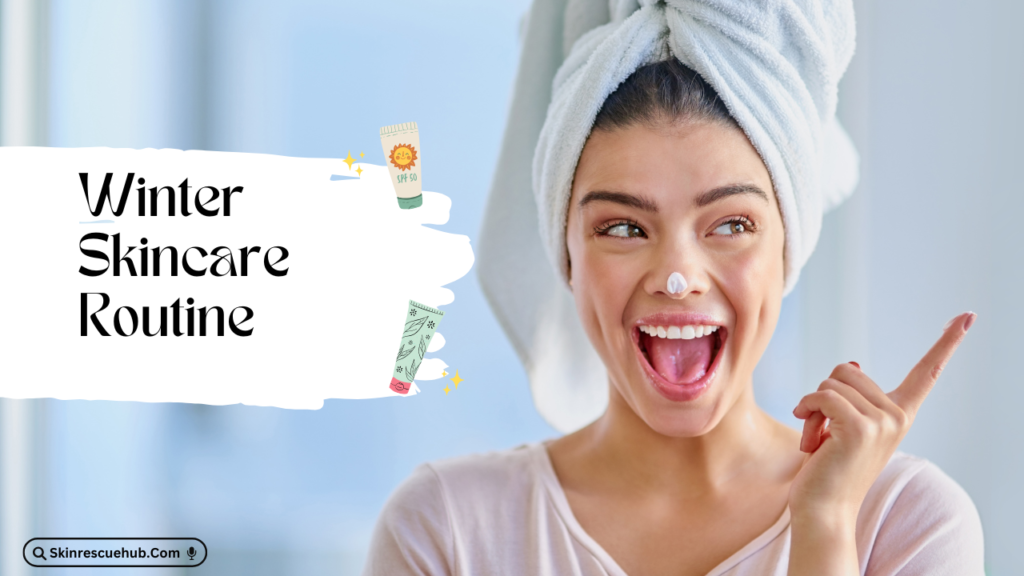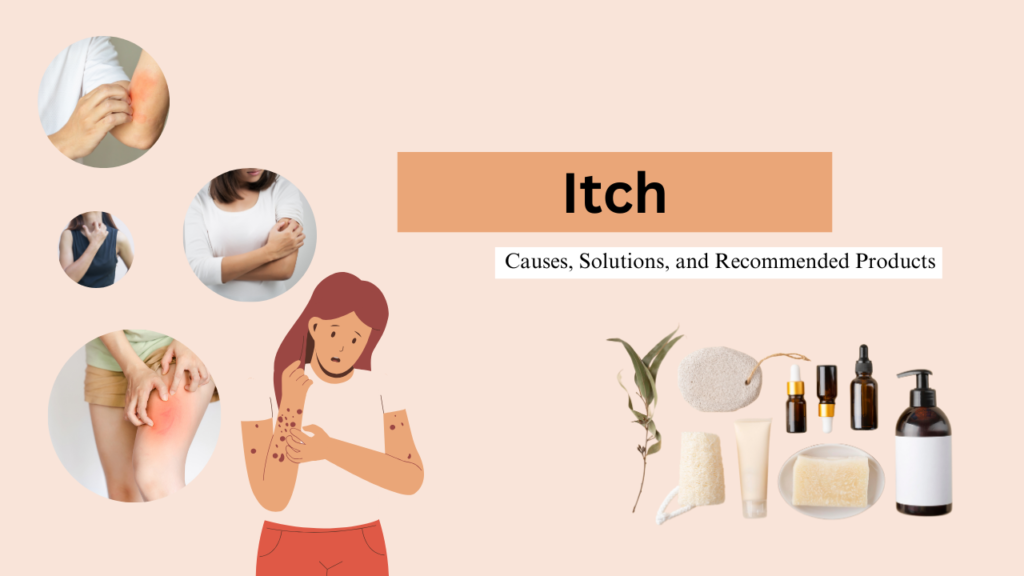
Itch, medically known as pruritus, is a common condition that can affect anyone, regardless of age or lifestyle. While it might seem like a minor inconvenience, persistent itching can significantly impact a person’s quality of life. Understanding the causes, remedies, and products that can alleviate itching is crucial to managing this condition effectively.
What Causes Itching?
Itching can result from a wide variety of factors. Identifying the underlying cause is the first step toward finding an effective solution. Here are the most common causes of itching:
1. Dry Skin
Characteristics: Dry skin is one of the most common causes of itching, especially in colder climates or during winter months.
Triggers: Harsh soaps, low humidity, and hot showers can exacerbate dry skin.
2. Allergies
Characteristics: Allergic reactions to foods, medications, or environmental factors like pollen and dust mites can cause intense itching.
Triggers: Contact with allergens, such as pet dander, certain fabrics, or cosmetics.
3. Skin Conditions
Examples: Eczema, psoriasis, and hives are common skin conditions associated with itching.
Symptoms: Redness, swelling, and flaking often accompany the itch.
4. Insect Bites
Characteristics: Mosquitoes, bed bugs, and fleas can cause localized itching.
Symptoms: Red, raised bumps or welts at the bite site.
5. Fungal Infections
Examples: Athlete’s foot, ringworm, and jock itch are caused by fungal infections that lead to intense itching.
Symptoms: Scaling, redness, and sometimes a burning sensation.
6. Systemic Conditions
Examples: Liver disease, kidney failure, and certain cancers can cause generalized itching.
Symptoms: Often accompanied by other signs, such as fatigue, weight loss, or jaundice.
7. Stress and Anxiety
Characteristics: Emotional stress can manifest as physical symptoms, including itching.
Triggers: High-pressure situations or chronic anxiety.
8. Hormonal Changes
Examples: Pregnancy and menopause can trigger itching due to hormonal fluctuations.
Symptoms: Itching often localized to specific areas, such as the abdomen or chest.
Effective Solutions for Itching
The treatment for itching largely depends on its underlying cause. Here are some general and targeted remedies:
1. Moisturization
Why It Helps: Moisturizers hydrate the skin, restoring its natural barrier and preventing dryness.
How to Use: Apply a fragrance-free moisturizer immediately after bathing.
2. Anti-Itch Creams
Why It Helps: Topical creams containing hydrocortisone or menthol can provide quick relief from itching.
Best For: Localized itching caused by insect bites or minor skin irritations.
3. Cold Compresses
Why It Helps: Cold temperatures numb the itch and reduce inflammation.
How to Use: Apply a clean, cold cloth to the affected area for 10-15 minutes.
4. Oatmeal Baths
Why It Helps: Colloidal oatmeal soothes irritated skin and reduces inflammation.
How to Use: Add finely ground oatmeal to a lukewarm bath and soak for 15-20 minutes.
5. Antihistamines
Why It Helps: Oral antihistamines block the histamines that cause allergic itching.
Best For: Itching due to allergies, hives, or insect bites.
6. Proper Hygiene
Why It Helps: Keeping the skin clean and dry can prevent infections and reduce irritation.
Best Practices: Use gentle, pH-balanced soaps and pat the skin dry after washing.
7. Stress Management
Why It Helps: Reducing stress levels can alleviate itch caused by psychological factors.
How to Practice: Incorporate mindfulness, yoga, or meditation into your routine.
8. Avoid Scratching
Why It Helps: Scratching can worsen the itch and lead to skin damage or infection.
Tip: Keep nails trimmed and consider wearing gloves at night to prevent unconscious scratching.
Product Recommendations for Itching Relief
Here is a curated list of products that can effectively alleviate itching:
1. Moisturizers
CeraVe Moisturizing Cream
Key Ingredients: Ceramides, hyaluronic acid
Why It’s Effective: Provides deep hydration and restores the skin’s natural barrier.
Best For: Dry and sensitive skin.
Eucerin Advanced Repair Cream
Key Ingredients: Urea, ceramides
Why It’s Effective: Exfoliates and hydrates dry, itchy skin.
Best For: Severely dry skin.
2. Anti-Itch Creams
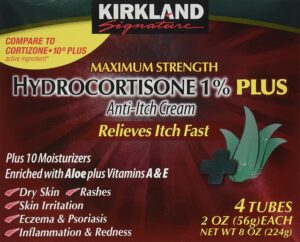
Hydrocortisone 1% Cream
Key Ingredients: Hydrocortisone
Why It’s Effective: Reduces inflammation and soothes itching.
Best For: Eczema, insect bites, and allergic reactions.
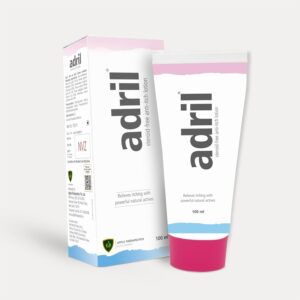
Adril Anti-Itch Lotion
Key Ingredients: Menthol, camphor
Why It’s Effective: Provides a cooling sensation to relieve itching.
Best For: Generalized itching.
3. Oatmeal-Based Products
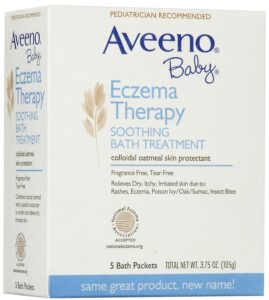
Aveeno Soothing Bath Treatment
Key Ingredients: Colloidal oatmeal
Why It’s Effective: Relieves irritation and hydrates the skin.
Best For: Eczema, dry skin, and sunburn.
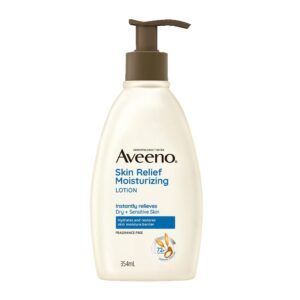
Aveeno Skin Relief Moisturizing Lotion
Key Ingredients: Triple oat complex
Why It’s Effective: Restores moisture and soothes itchy skin.
Best For: Daily use on sensitive skin.
4. Antihistamines
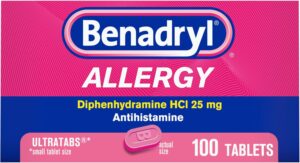
Benadryl Allergy Relief
Key Ingredients: Diphenhydramine
Why It’s Effective: Quickly alleviates allergy-induced itching.
Best For: Nighttime relief from allergies and hives.
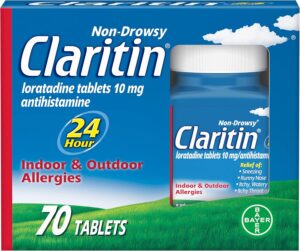
Claritin Non-Drowsy Antihistamine
Key Ingredients: Loratadine
Why It’s Effective: Provides 24-hour relief from itching without causing drowsiness.
Best For: Seasonal allergies and chronic urticaria.
5. Natural Remedies
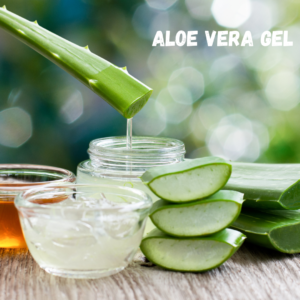
Aloe Vera Gel
Why It’s Effective: Hydrates and cools the skin, providing instant relief.
Best For: Sunburn, dry skin, and minor irritations.
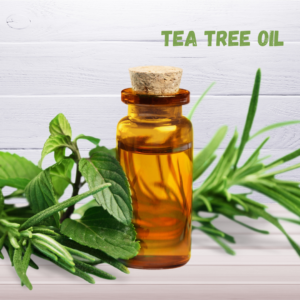
Tea Tree Oil
Why It’s Effective: Antimicrobial properties help combat fungal infections and soothe itching.
How to Use: Dilute with a carrier oil and apply to the affected area.
Prevention Tips
Preventing itching is often easier than treating it. Here are some practical tips to keep your skin healthy and itch-free:
1. Stay Hydrated
Drink plenty of water daily to maintain skin hydration from the inside out.
2. Use Humidifiers
Keep indoor air moist, especially during winter, to prevent dry skin.
3. Choose Gentle Fabrics
Wear loose, cotton clothing to reduce irritation.
4. Avoid Harsh Chemicals
Opt for fragrance-free and hypoallergenic skincare products.
5. Limit Hot Showers
Use lukewarm water and limit shower time to prevent stripping natural oils.
6. Protect Against Insects
Use insect repellents and wear protective clothing in areas prone to bugs.
7. Manage Stress
Incorporate stress-reducing practices into your daily routine.
8. Regular Skin Check-Ups
Consult a dermatologist for persistent or unexplained itching.
Jock Itch
Jock itch, medically known as tinea cruris, is a common fungal infection affecting the skin in the groin area. It is caused by dermatophyte fungi that thrive in warm, moist environments. This condition is prevalent among athletes and people who sweat heavily, though it can affect anyone. Jock itch is not usually serious but can be uncomfortable and persistent if not treated.
1.Causes:
- Excessive sweating and poor ventilation in the groin area.
- Wearing tight clothing or synthetic fabrics that trap moisture.
- Prolonged exposure to humid or damp conditions.
- Sharing contaminated towels, clothes, or personal items.
2.Symptoms:
- Red, scaly, or peeling skin in the groin, inner thighs, or buttocks.
- Persistent itching and a burning sensation.
- Circular or ring-like rash with slightly raised edges.
- Cracking or flaking skin in severe cases.
3.Risk Factors:
- Being male (men are more prone to jock itch).
- Participating in sports or activities that cause sweating.
- Having a weakened immune system or diabetes.
- Obesity, as skin folds retain moisture and provide a breeding ground for fungi.
Solutions
1.Personal Hygiene:
- Keep the area dry: After bathing, ensure the groin and surrounding areas are thoroughly dried.
- Wear breathable clothing: Opt for loose-fitting clothes made of natural fabrics like cotton.
- Change clothes frequently: Especially after exercise or sweating.
2.Over-the-Counter Treatments:
- Antifungal Creams or Sprays: Products containing clotrimazole, terbinafine, or miconazole are effective.
- Powders: Antifungal powders can help absorb moisture and prevent further fungal growth.
3.Home Remedies:
- Tea Tree Oil: Known for its antifungal properties, tea tree oil can be diluted and applied to the affected area.
- Apple Cider Vinegar: Mix with water and use as a rinse to reduce fungal activity.
- Aloe Vera Gel: Apply to soothe itching and inflammation.
4.When to See a Doctor:
- If symptoms persist for more than two weeks despite treatment.
- If the infection spreads to other parts of the body or becomes severe.
- A healthcare provider may prescribe stronger antifungal medications or oral treatments for chronic cases.
5.Prevention:
- Avoid sharing personal items like towels or clothing.
- Use antifungal powders in susceptible areas during humid weather.
- Shower promptly after sweating and ensure proper hygiene.
Itching, while common, should never be ignored if it’s persistent or severe. By understanding the causes and utilizing the right remedies and products, you can effectively manage and prevent itching. Always consult a healthcare professional if your symptoms persist or worsen.




